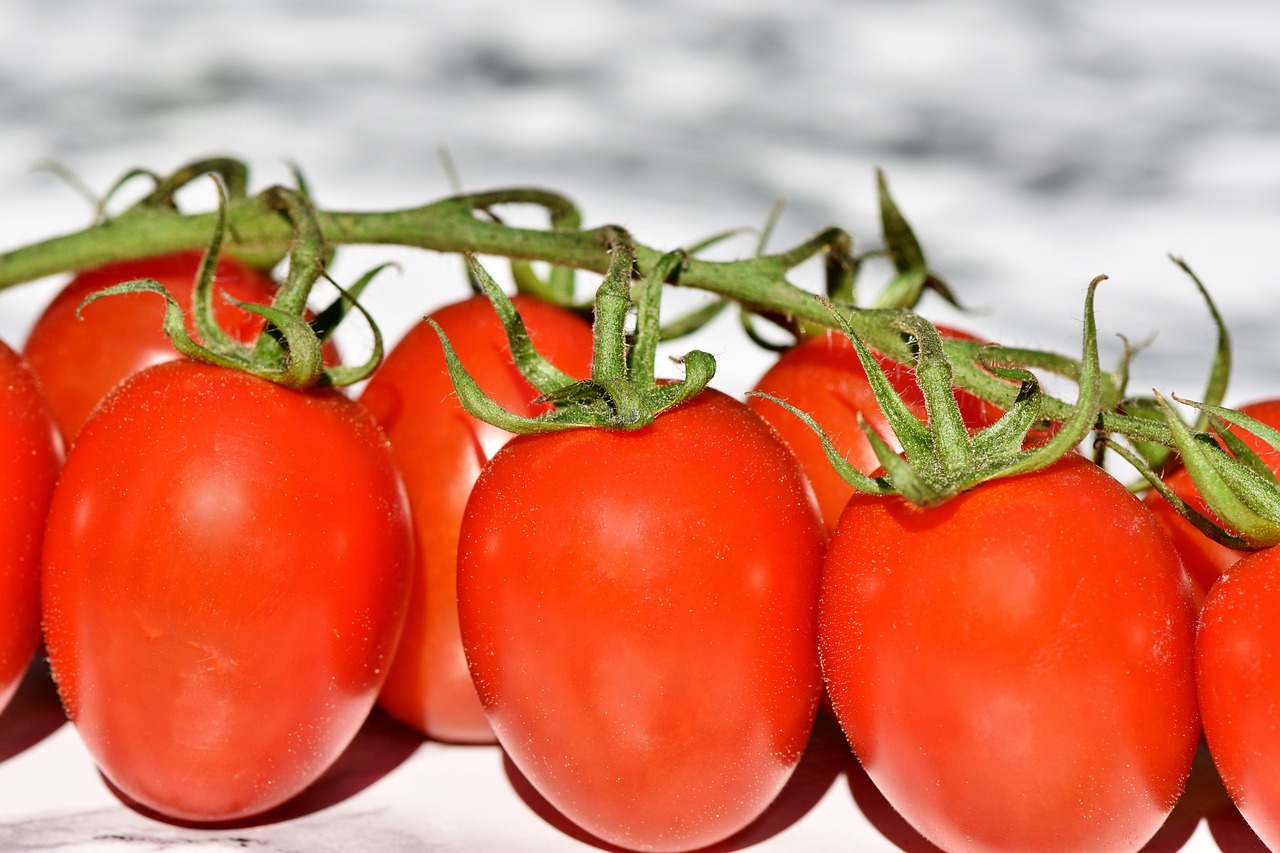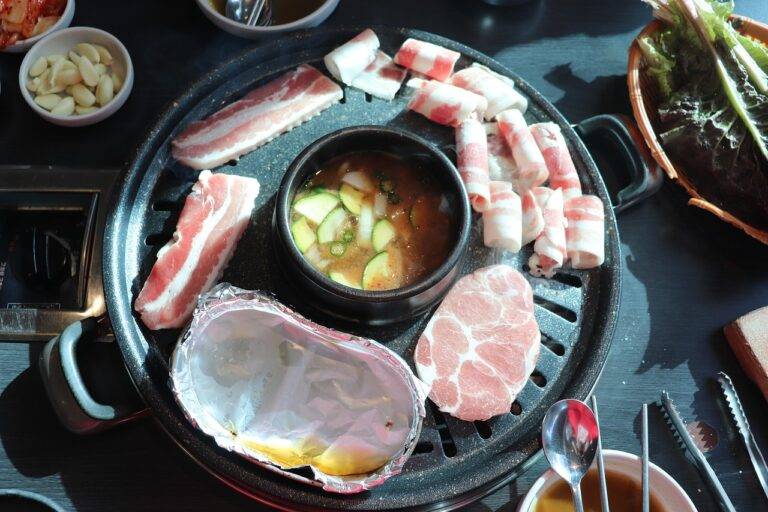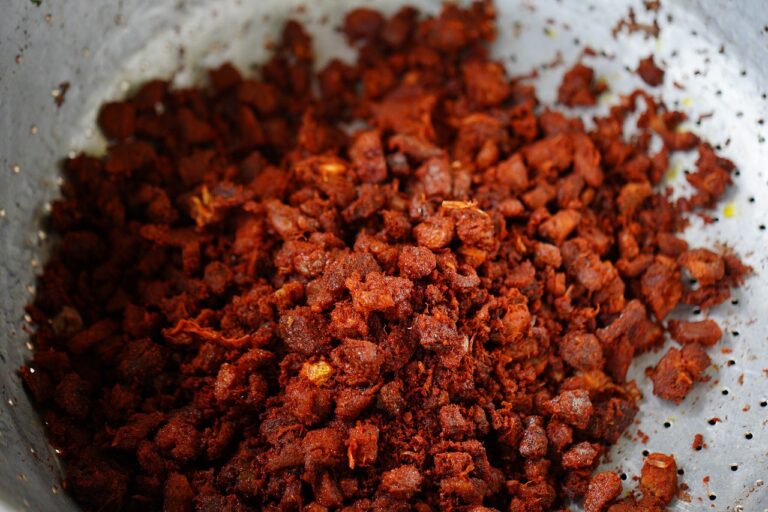The Role of Artificial Intelligence in Food Production.
Incorporating artificial intelligence (AI) into food production processes offers numerous advantages. One major benefit is the ability to enhance precision and accuracy in various stages of production, such as sorting and quality control. AI technologies can quickly analyze vast amounts of data to identify defects or anomalies, resulting in higher product quality and reduced food waste.
Moreover, AI can revolutionize the efficiency of food production by streamlining operations and minimizing human error. Through the use of AI-powered decision-making algorithms, tasks like inventory management and supply chain optimization can be automated, leading to cost savings and improved overall productivity in the food industry.
Increasing Efficiency and Productivity with AI
In the realm of food production, the integration of artificial intelligence (AI) technologies has significantly enhanced efficiency and productivity. Through AI-powered systems, various tasks in agricultural settings, such as monitoring crop health, predicting yields, and optimizing resource allocation, can now be executed with precision and speed. This heightened level of automation not only streamlines operations but also minimizes human error, leading to higher output levels and overall improved performance in the food production industry.
Moreover, AI has revolutionized the quality control processes within food production by providing real-time data analysis and anomaly detection capabilities. By leveraging AI algorithms to analyze vast amounts of data, producers can swiftly identify deviations in product quality or potential contamination issues, enabling prompt corrective actions to be taken. This proactive approach not only ensures adherence to stringent quality standards but also safeguards consumer health and strengthens trust in the safety and reliability of food products.
AI Technologies Used in Food Production
Artificial intelligence (AI) has become a game-changer in the realm of food production, offering a multitude of advanced technologies to streamline processes and enhance overall efficiency. One such technology is machine learning, which enables food producers to analyze vast amounts of data to make informed decisions regarding crop management, resource allocation, and supply chain optimization. By utilizing machine learning algorithms, stakeholders in the food industry can pinpoint trends, predict demand, and improve production methods for better outcomes.
Another crucial AI technology in food production is robotics, which can revolutionize tasks that are repetitive, strenuous, or require precision. Robots equipped with AI capabilities can handle delicate processes such as harvesting and sorting with unparalleled accuracy and speed, reducing human error and labor costs. These automated systems not only ensure consistent quality in food products but also free up human workers to focus on more specialized tasks, ultimately boosting productivity across the entire production chain.
• Machine learning allows for analysis of large data sets for informed decision-making
• Helps in crop management, resource allocation, and supply chain optimization
• Predicts trends, demand, and improves production methods
• Robotics revolutionizes repetitive, strenuous, or precise tasks in food production
• AI-equipped robots handle harvesting and sorting with accuracy and speed
• Reduces human error and labor costs while ensuring consistent quality
• Frees up human workers to focus on more specialized tasks for increased productivity
What are some benefits of using AI in food production?
Some benefits of using AI in food production include increased efficiency, improved quality control, reduced waste, and enhanced food safety measures.
How can AI help increase efficiency and productivity in food production?
AI can help increase efficiency and productivity in food production by automating repetitive tasks, analyzing data to optimize processes, and predicting potential issues before they arise.
What are some AI technologies commonly used in food production?
Some commonly used AI technologies in food production include machine learning algorithms for predictive maintenance, computer vision systems for quality control, and natural language processing for supply chain management.







